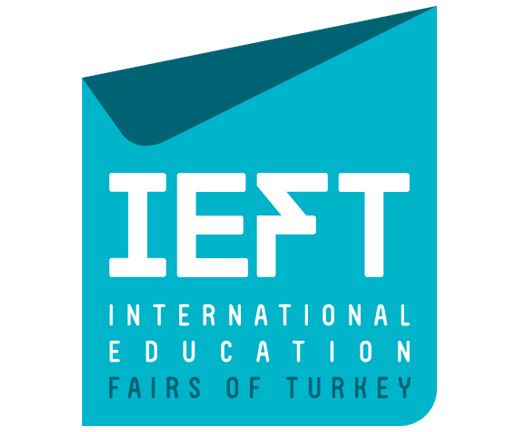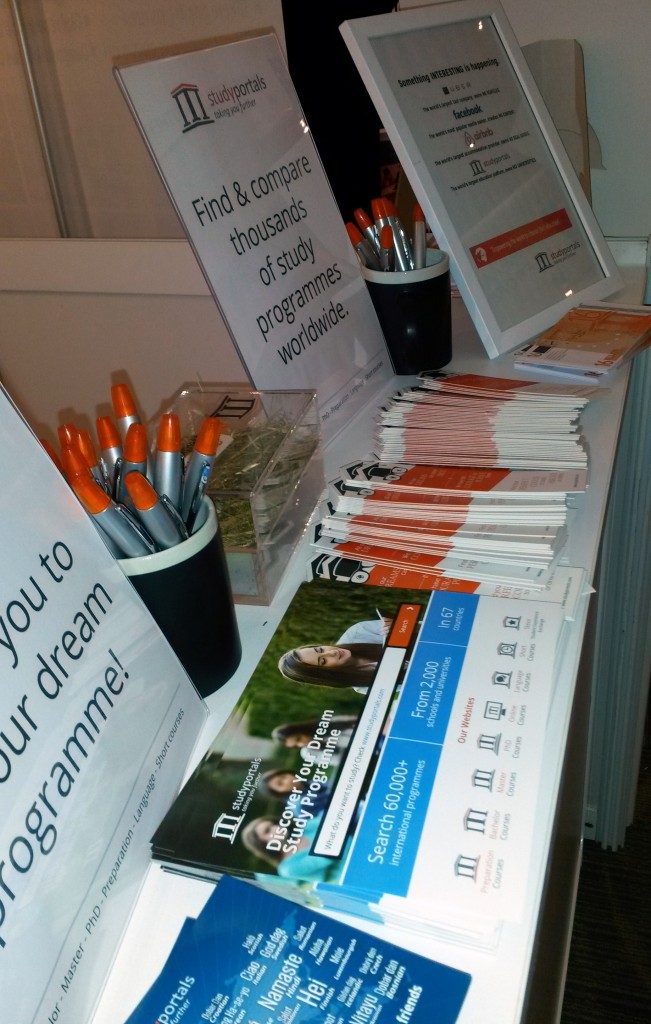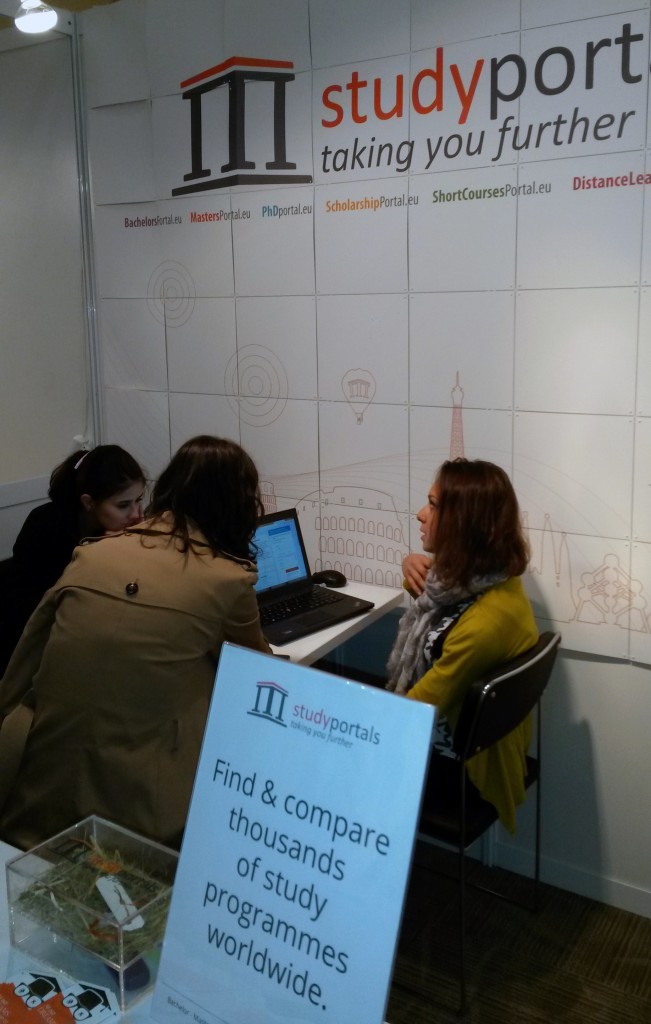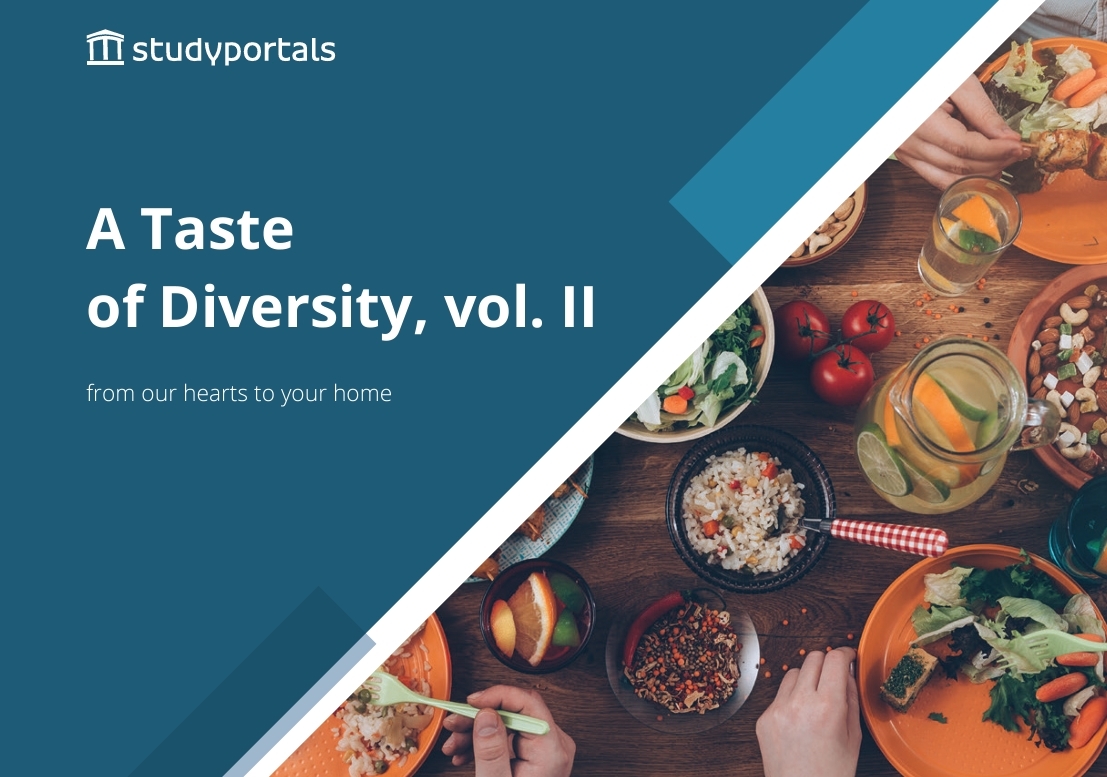The study choice process of Turkish students visiting IEFT

by Xeï Hulshoff
On 17th and 18th of October, we joined the International Education Fair Turkey (IEFT) in Istanbul to gain insights into the needs and wishes of our prospective students. In this way, we wanted to learn how Turkish students approach their search for a study programme abroad and how we can support them in their search process on our portals. At our booth, students were invited to look for a programme abroad on our website. During their search process, we spoke with them and observed their actions which resulted in the following five learning points.


1. Study choice is a family activity
It was immediately clear that the fair didn’t only attracts students, but also complete families or (grand)parents without their children. We spoke with a father and his son wanting to go to Australia together for an English language course for himself and a bachelor for his son. We event met an elegantly dressed-up 4-year-old, with a very previous bow-tie, who passed by the booths with his father.
While many students stop at the booths to ask for more information, the (grand)parents mostly only collect brochures and marketing material to review it home later. The parents who are there just to gather information especially mention that they would have liked to know about StudyPortals before attending the fair. That way, they can easily read and compare information from the comfort of their own home.
2. Programme content and university reputation trump costs
One of the first questions most students asked us was “Can I get a scholarship” or “Where do they have the lowest tuition fees”. This gave the impression that cost was the most important factor in choosing a study programme. However when we sat together with the students using the website it became clear that they were not necessarily using the tuition fee filter nor the sorting. When asking them about this they said that they didn’t want to limit themselves, because they wouldn’t want to miss out on a suitable programme or quality organisation only because of the higher cost. This is also influenced by the high tuition fees for foundation universities in Turkey itself. If students cannot get into a state university they need to figure out a way to pay for the high tuition fees anyway. They might as well go abroad and profit from the extra experience of a programme they really like.
3. Students prefer specific searches
Most students who use the website start by using the search bar, only a few use the discipline tiles to get to an overview of programmes. Unfortunately, due to the slow internet connection, about half of the times the auto-suggest is triggered without the user being aware of it, which lead to incorrect search results. Also within the search most students prefer to use the keyword search over the discipline filter. Especially for the “less obvious” disciplines such as ‘aviation’ or ‘history of X’ students cannot decide which discipline to select and fall back to the keyword search. Other popular filters were ‘location’ and ‘language of instruction’. In this first stage of the search process, the other filters are barely used. The way students use the search results differs from person to person. While some open the first interesting result immediately, others open multiple interesting programmes in separate tabs and some scroll through the different pages to have an overview of all the different possibilities.
4. Where do Turkish students want to study abroad and why?
The most popular regions where Turkish students would like to go for their programme abroad were North-West Europe, Canada, USA and Australia. More and more students are starting to think about studying abroad for which they name two main reasons. First, to gain international experience and enhance their resume, so it will be easier to find a job when they get back to Turkey after their graduation. Second, they are looking for a better future by settling abroad and the easiest way to have a residence permit is passing through a bachelor or master programme.
While some students want to stay (relatively) close to their family, others want to simply choose the best study, wherever in the world that might be. However, both groups of Turkish students share their concerns about the possibility to get a visa and get accepted in a good university based on their background. Therefore they often immediately dive into the requirements of the programme if they come across something interesting.
5. Level of English
While at StudyPortals we often tend to think that the students that are interested in studying abroad already have a high level of English, our visit to the fair showed this is not always true. Especially some of the high school level, and bachelor students and their parents have difficulties with fully understanding English. This was noticeable in the conversation with the students, where they preferred to speak with the Turkish colleagues at the booth, while using the website. Only a few students got stuck completely when looking for an English language course on an English website. For some students it was difficult to explain what programmes they were looking for and to use the website’s structure to find a suitable programme. Terms like aeronautical engineering, architecture or philosophy were often mistyped which falsely lead to no results and the impression StudyPortals could not help them find their dream programme. For us, seeing students struggle with the English level on our website means we really should consider using simpler English on our website and provide suggestions or be more forgiving when spelling mistakes are made. We even might consider translations of our websites in order to help students find their programme abroad.
Conclusion
During these two days of fair we’ve spoken with a lot of students and gained valuable insights. We now know what students and their parents are looking for, what questions they have and what issues they run into when using our website. It showed us what we need to improve and what’s most important to focus on to help the Turkish students at the start of their orientation process of a study programme abroad. We are looking forward to work on these improvements and continue to involve users from different backgrounds in our developments.
For more updates, follow us!





